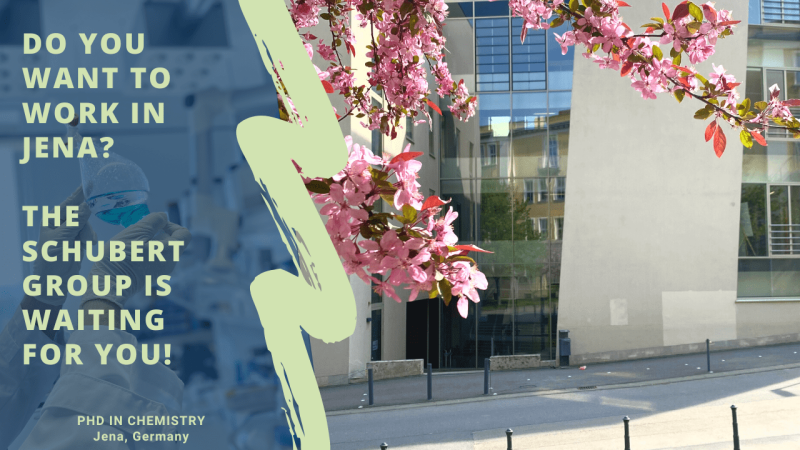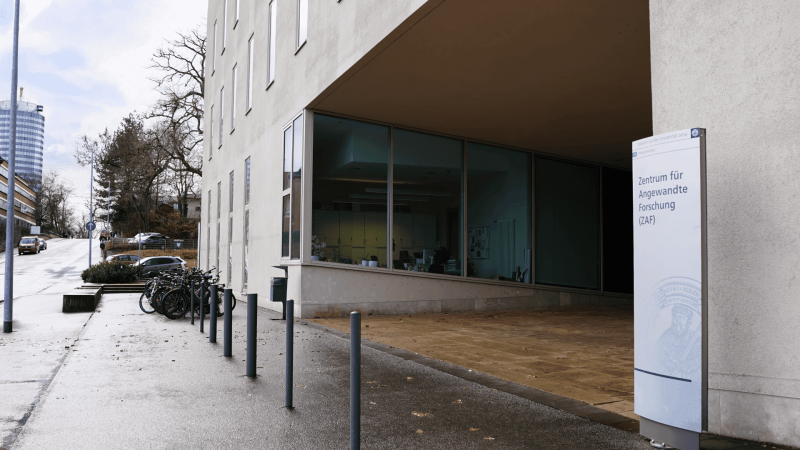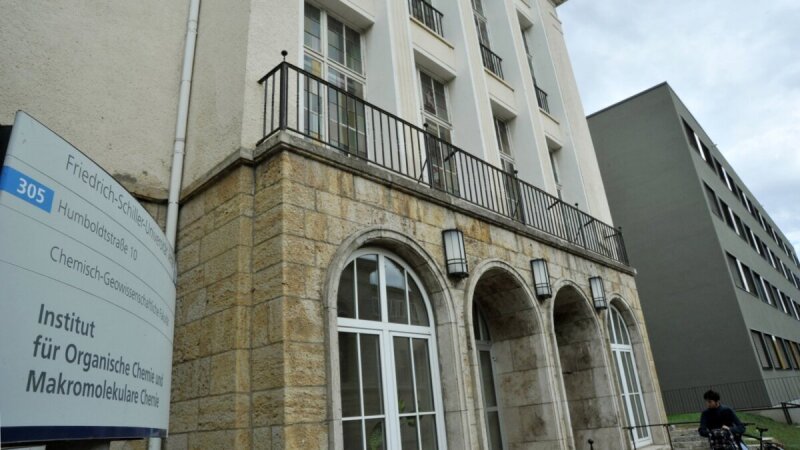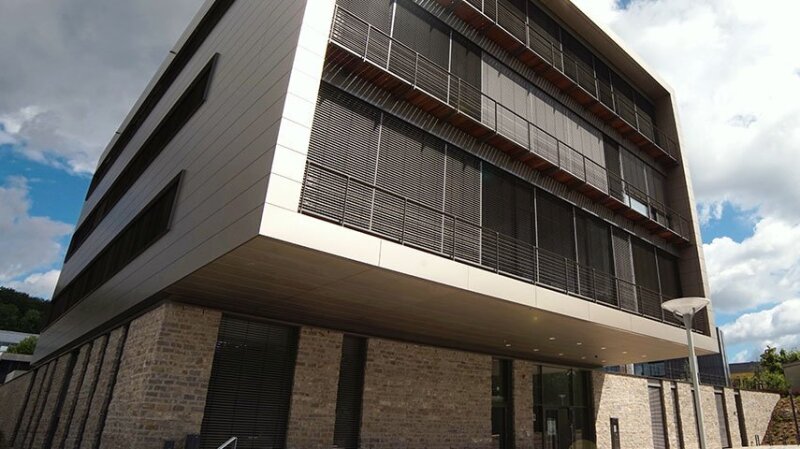Career
placeholder image — Film still
Image: Marina Romanova / Universität JenaAll Current Job Postings
Discover exciting opportunities with the Schubert Group!
You can find all current job postings here.
For more updates and job opportunities, follow us on Instagram: @SchubertGroupExternal link.
About the Schubert Group
The Schubert Group at Friedrich Schiller University Jena, led by Prof. Dr. Ulrich S. Schubert, is a pioneering research team specializing in polymers and nanomaterials. Our work spans key applications in:
- Drug delivery
- Nanomedicine
- Energy storage
- Sustainable materials
Using high-throughput experimentation, we rapidly develop polymer libraries for groundbreaking research in life sciences and renewable energy. From printable batteries to pharma polymers and supramolecular polymers, we are advancing the frontiers of sustainable materials science.
Diversity and Equity
At Friedrich Schiller University Jena (FSU), we value diversity as a core strength. Our research group brings together individuals from diverse cultural and academic backgrounds to foster innovative thinking and impactful research.
We are committed to creating an environment where everyone feels safe, respected, and empowered to succeed, irrespective of their background.
Why Pursue a Ph.D. or Post-Doc at Friedrich Schiller University of Jena?
Located in the heart of Germany, Friedrich Schiller University Jena is a historic institution with a strong research profile. Since its founding, it has been a hub for renowned academics like Goethe and Schiller, making it one of Germany’s most prestigious universities.
Key highlights:
- Strong industry links with Carl Zeiss, Otto Schott, and Ernst Abbe
- Collaborative ties with non-university research institutions and cultural organizations
With 18,000 students and over 8,600 employees, the university plays a vital role in shaping Jena as a cosmopolitan city of innovation and future-oriented growth.
Germany offers a high quality of life with excellent work-life balance and a safe environment, making it an ideal destination for researchers.
Cost of Living in Jena
As a student or researcher, you can expect living costs of approximately 700 EUR/month to cover. For more detailed cost-of-living information, visit this page.
Join Us!
Embark on an exciting journey in cutting-edge materials science with the Schubert Group. Check out our current job postings and follow us on Instagram for updates!
Unsolicited applications
First of all you need to be sure of the subject and the topic you apply for. The Schubert group regularly posts job openings on the website. Other than checking the posts, we advise you to go through our website to check our research topics, the methods and instruments we use, as well as the cooperation we participate in and the papers published in the recent years.
Note that you do not have to meet a certain deadline for your application (unless stated otherwise). However you do need to send in your curriculum vitae together with a motivation letter to inform us about your background, motives, what your input will be to the group and what you want to pursue in your career. Please also include reference letters from your supervisor(s).
After we receive your application, your qualifications and skills will be evaluated by different members of the working group. You may be invited to visit our group to give a short presentation about your previous studies and to discuss about any job possibilities, as well as to be presented a clear picture of the opportunities we provide our members with, as per technology and science, and to be introduced to the group members.
For applicants from outside EU who need to have a valid visa to enter Germany, we also prepare an invitation letter to be used at the consulate to expedite the visa procedure.
Schubert group grants scholarships or positions on industrial projects to all PhD students. For this purpose, we are keeping close contact and taking part in cooperation with institutes and companies, which seek successful research studies in Organic and Macromolecular Chemistry and Nanoscience.
For further information please contact:
Humboldtstraße 10
07743 Jena



